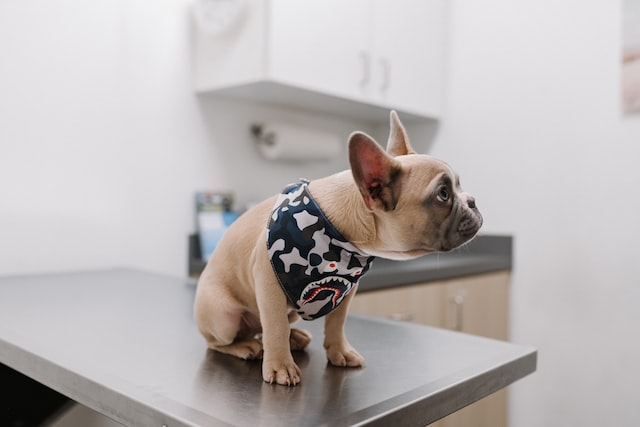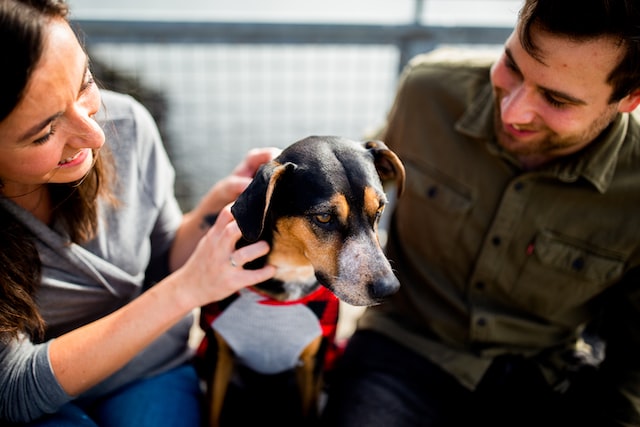First Aid Treatment for Your Dog
As a responsible dog owner it is up to you to ensure the health and happiness of your dog. It is often a difficult thing to do because our dogs tend to be curious, yet smart and can get themselves into predicaments that can cause injury. If your dog should get sick or injured then it would be up to you to make sure that proper treatment is administered.
First, I must say that this or any of my articles are no substitute for the care of a good veterinarian. Some times there are things that go wrong that you, as a dog owner, are unable to handle or deal with. There may also be questions that you have about a particular injury or illness that will need to be, and should be addressed by a vet.
Knowledge is power, and you must make sure to be knowledgeable about dog first aid so you can properly treat the little things that go wrong, or to help your dog cope until you are able to get him adequate care. Just make sure that you are not over treating something that really should be handled by a professional. This could be damaging to your dog’s health and you are the one responsible for that health. If the dog is in need of a vet, please make sure that he is taken to the vet.

You should prepare yourself now for the possibility that you will need to administer first aid to your dog. If something should happen unexpectedly you will want to be able to handle the situation at that time with the materials that you have on hand. It’s amazing though that an untreated small problem can often turn into a big problem before know it.
Proper first aid supplies
Here is a short list of some of the first aid supplies that you should have on hand. These supplies can be found in many pet catalogs, pet stores or internet websites. You can also find a lot of them right in your local drug store.

You should have such things as Ammonia, Peroxide, some sort of antibiotic cream, hydro cortisone, eyewash and a liquid antihistamine.
Having the basic materials to handle a first aid situation is important as well. Here is a short list of some of the things you should have on hand just in case you might need them. Gauze, bandages, adhesive tape, some cotton (absorbent) scissors, tweezers, thermometer (rectal) blankets, and a plastic bowl for mixing medicines.
Most important make sure you have your vets number handy, preferably written on the package where you keep your doggy first aid supplies. A contact number for after hours and emergencies should be kept as well.

